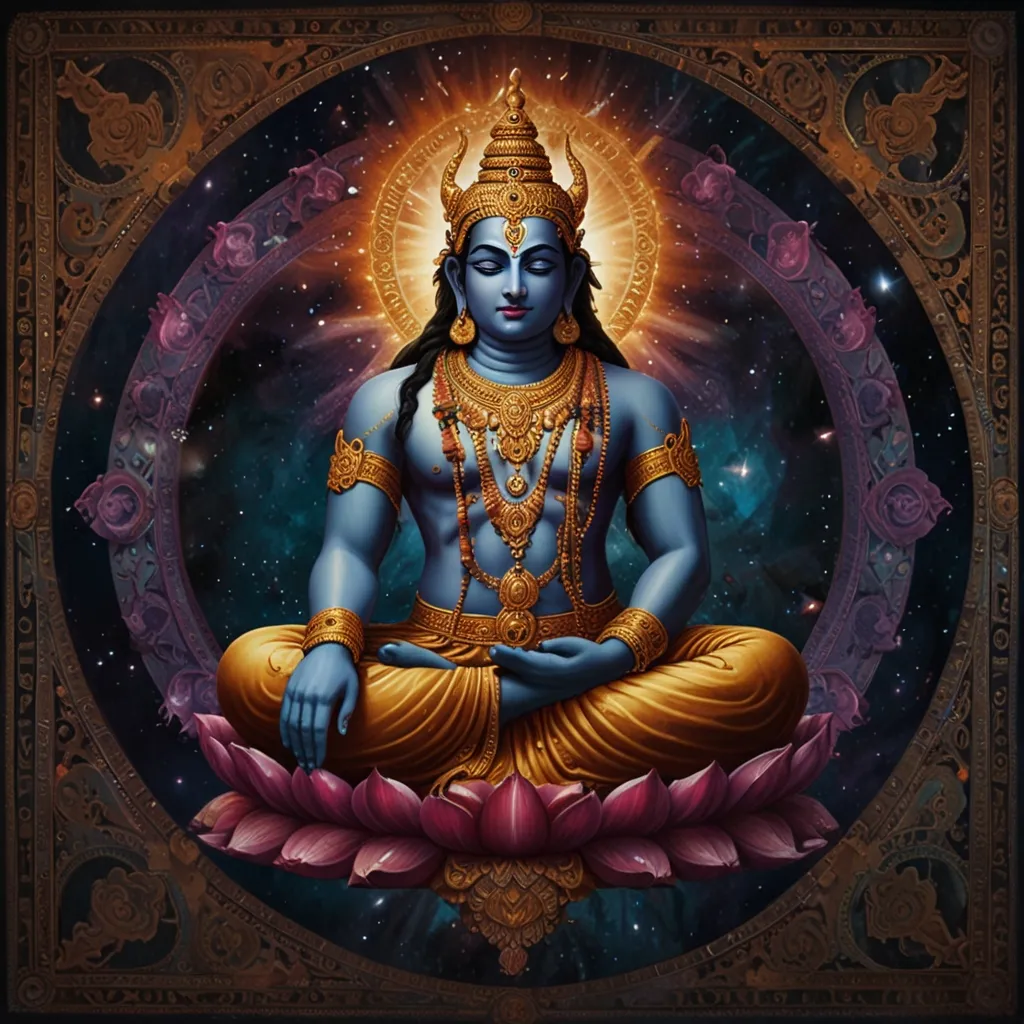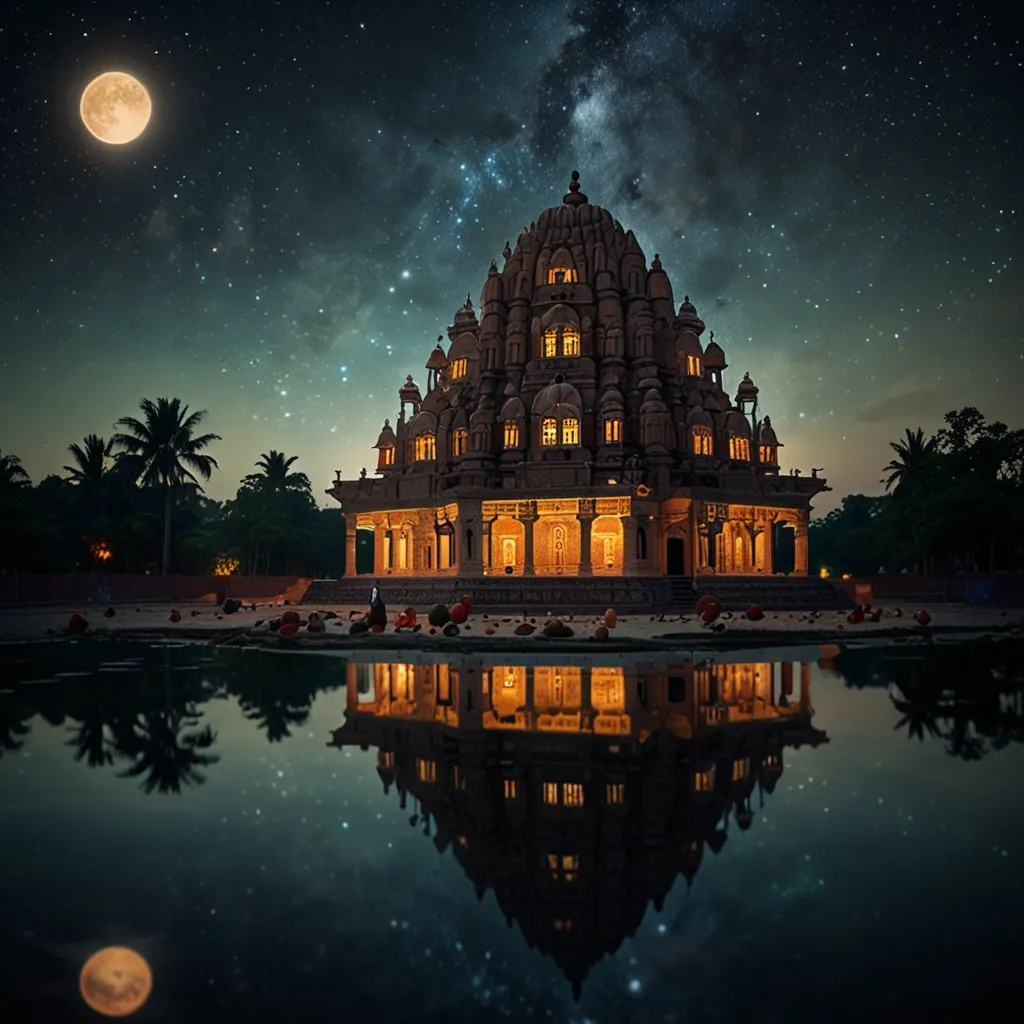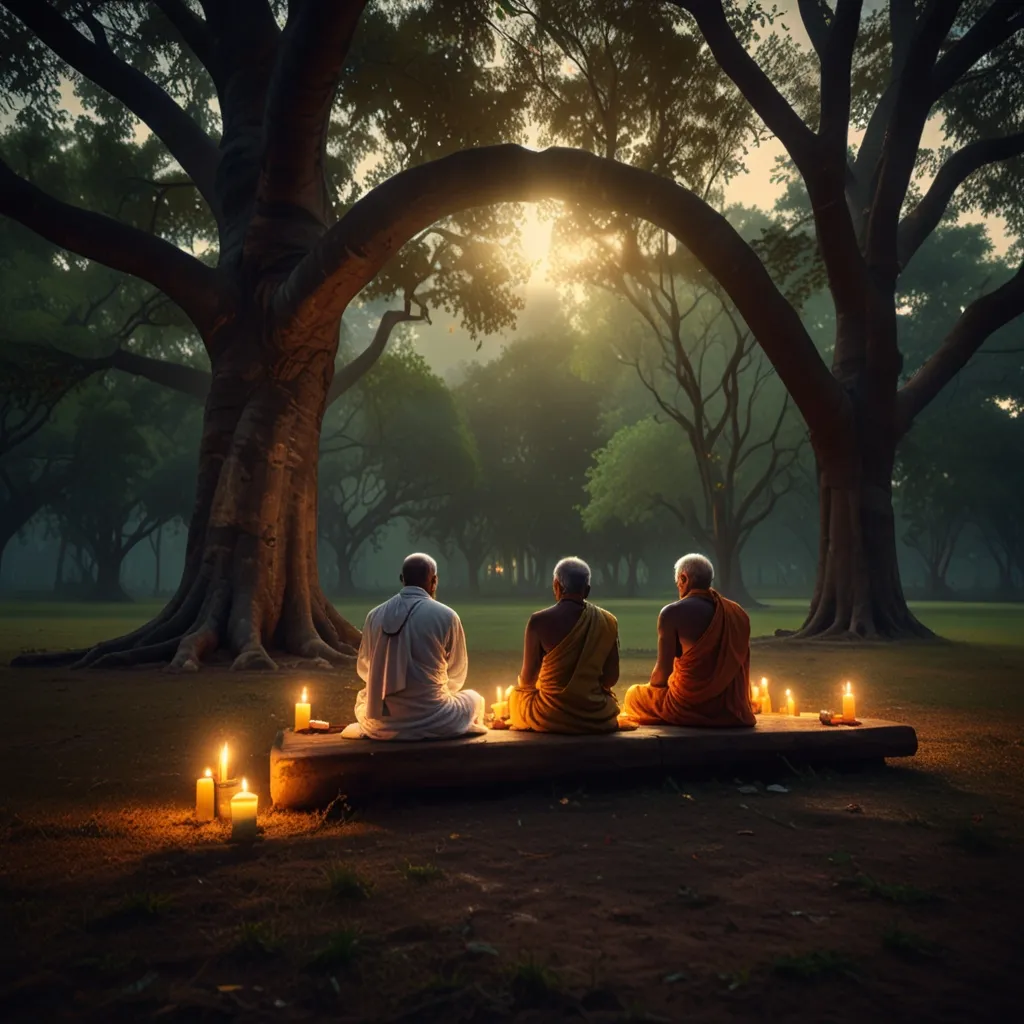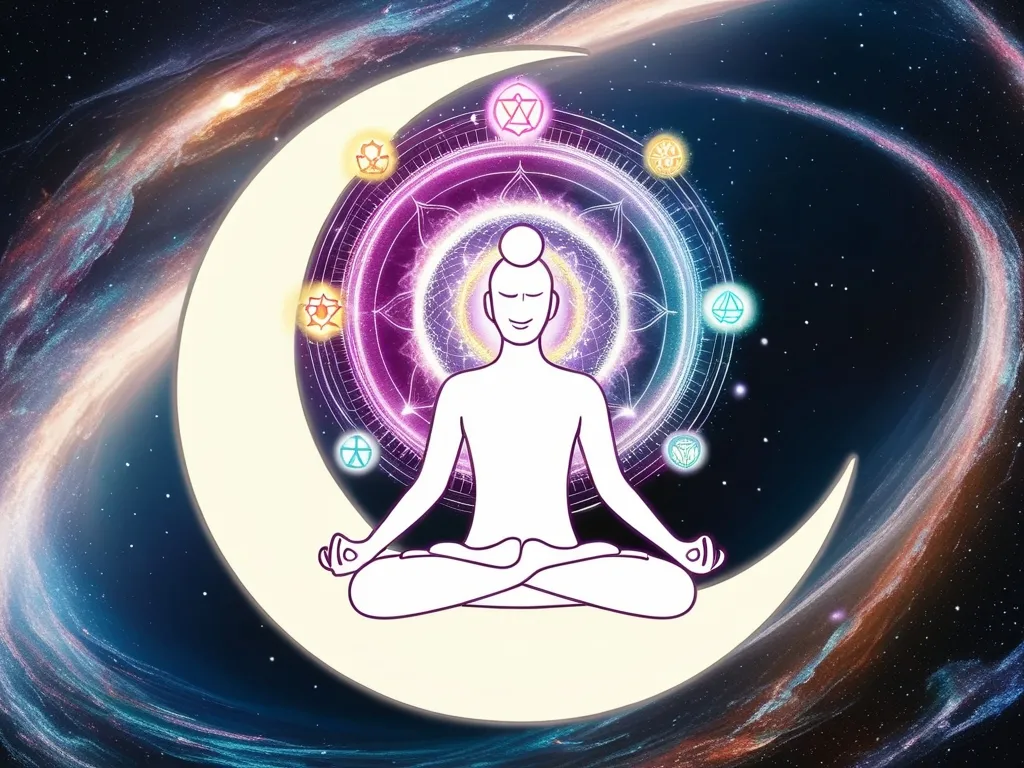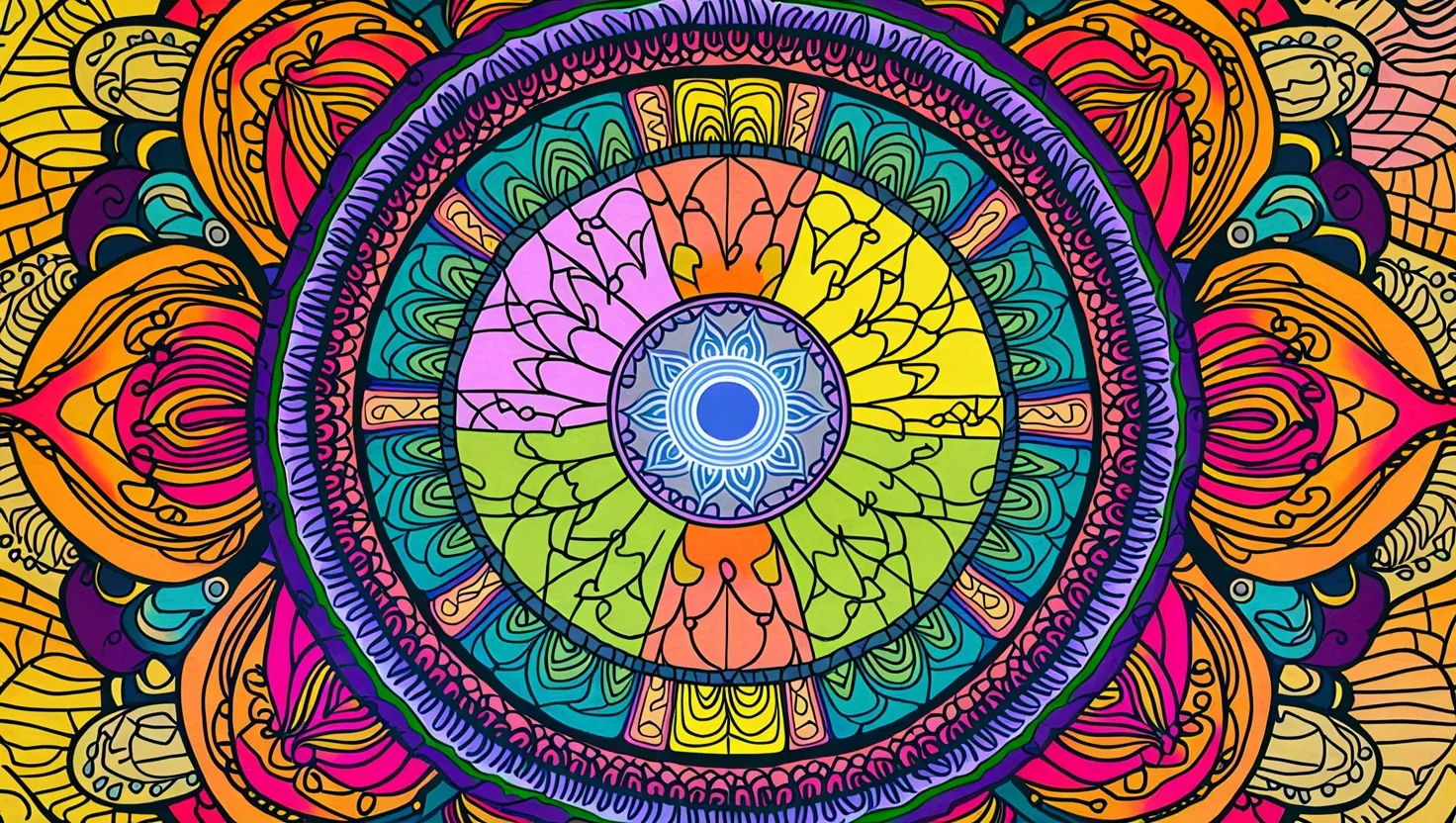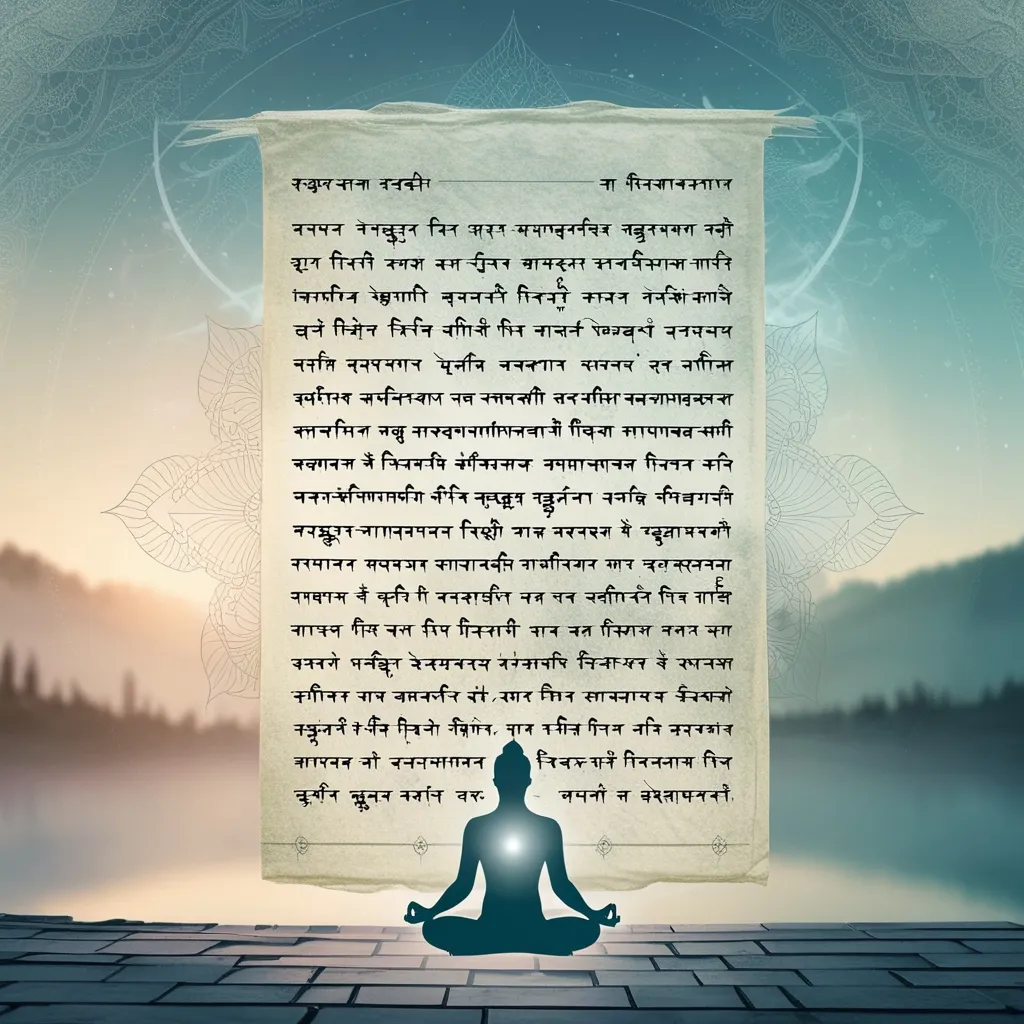In Hinduism, Brahman is the big deal when it comes to figuring out the universe and existence. Think of it as the ultimate reality—eternal, all-knowing, infinite, and everywhere. It’s a concept that comes from the ancient sacred texts called the Upanishads, which dig deep into the metaphysical stuff, exploring themes like consciousness and the essence of life.
Brahman isn’t just some abstract idea stuck in dusty old books. It’s believed to be the very essence of everything that exists, sort of like the cosmic glue holding the universe together. It’s seen as the ultimate truth, consciousness, and bliss but is so vast and profound that it’s beyond human understanding. Different schools of Hindu philosophy have their own takes on what Brahman really is.
Take the Advaita Vedanta school, for example. They say Brahman is completely separate from the world we see and experience every day. All the differences we perceive? Just illusions covering up the real deal. On the flip side, the Bhedabheda Vedanta school believes Brahman is both the same as and different from the world, depending on certain conditions.
Then there’s the Vishishtadvaita Vedanta school, which suggests a more intimate connection. They liken Brahman to a personal god, Vishnu, who’s connected to the world and yet transcends it. Dvaita Vedanta, however, sticks to a clear-cut distinction—Brahman and the world are entirely separate, even though Brahman might still be considered a personal god.
The Upanishads themselves are like a treasure trove of diverse ideas. They use metaphors and analogies to shed light on Brahman, comparing it to everything from the tiniest particle to the vast universe. This highlights its omnipresence and boundlessness.
Brahman isn’t just an abstract concept but is seen as the ultimate goal of everything. The Upanishads question the cause of Brahman, human existence, and the nature of joy and suffering, implying that understanding Brahman is key to unlocking the mysteries of life.
Closely tied to Brahman is the idea of Atman, or the individual self. The Upanishads teach that Brahman is the core essence of all things, knowable through self-knowledge. This highlights the unity between the individual self and the universal reality, aligning with the monistic essence of Hindu thought.
The word “Brahman” itself comes from Sanskrit, suggesting ideas of expansion and growth. It’s a neutral term, distinct from the masculine “Brahman,” referring to a person, and the creator god “Brahma.” This terminology underlines the abstract, impersonal nature of Brahman.
For Hindus, understanding Brahman shapes how they see the world. It encourages a sense of unity and interconnectedness, viewing every being as a part of Brahman. This perspective fosters reverence for all life and promotes spiritual practices aimed at realizing one’s true nature.
In a nutshell, Brahman in the Upanishads is about understanding the ultimate reality. It’s eternal, conscious, and omnipresent, with various philosophical interpretations exploring its depths. Grasping the concept of Brahman is central to Hindu philosophy, offering profound insights into the purpose of life and the interconnectedness of all things.
